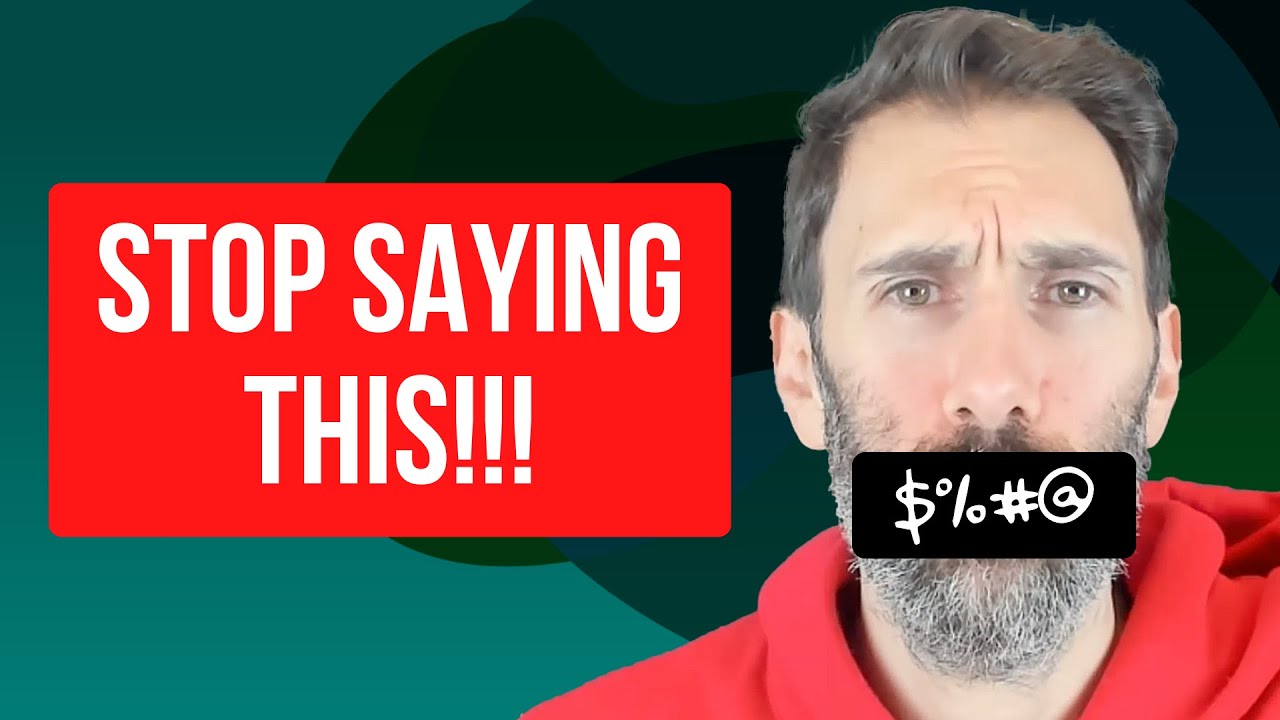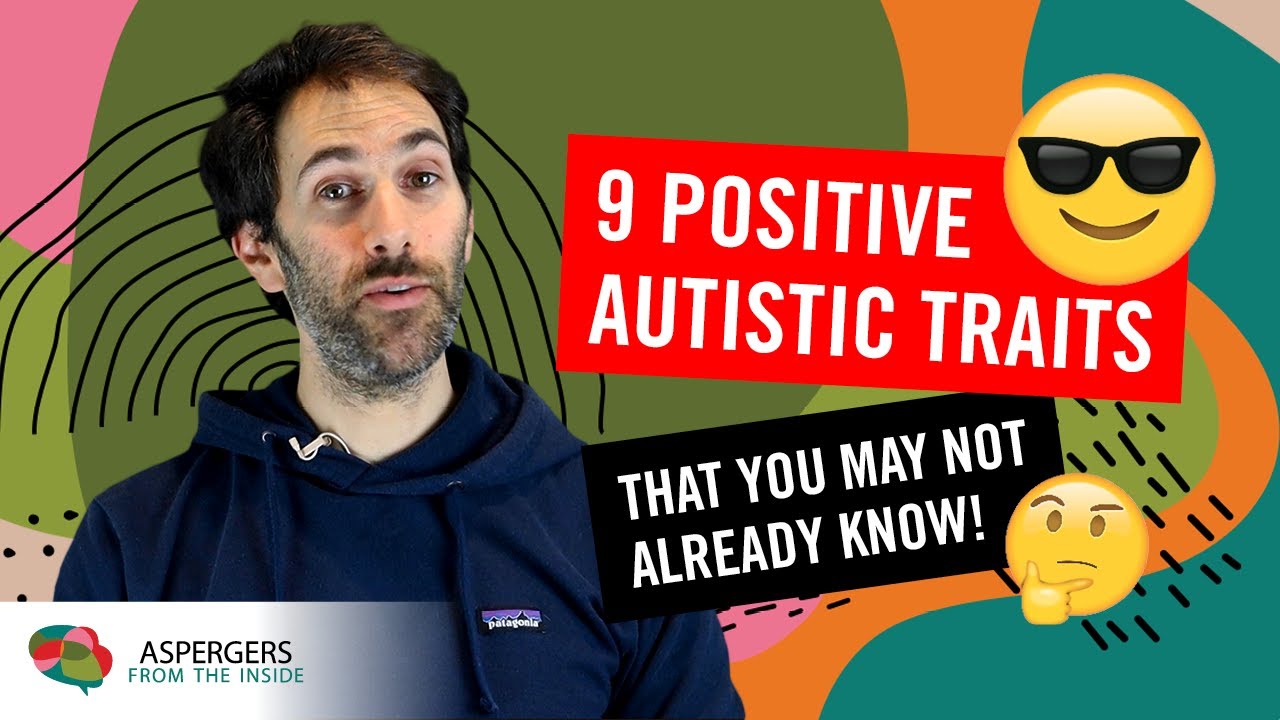Are you an over-explainer? The Real Reason You Keep Over Explaining Yourself (And How to Fix It!)
Summary
TLDRIn this insightful video, Paul Micallef from Autism From The Inside discusses the common trait of over-explaining, particularly among autistic individuals. He shares personal experiences and explores the negative impacts of this behavior on relationships and communication. Micallef emphasizes the importance of identifying and conveying the core message succinctly to avoid misunderstandings. He also links over-explaining to executive function challenges and suggests adopting a top-down approach to prioritize key information in communication.
Takeaways
- 🗣️ Over-explaining is a common trait in the autistic community and can be detrimental to relationships.
- 💡 The desire to avoid misunderstandings by providing more information can ironically lead to more confusion.
- 🔍 Over-explaining is linked to executive function challenges, particularly the inability to prioritize information.
- 📝 The speaker identifies as an over-explainer and has experienced the negative effects of this habit in personal and professional relationships.
- 🤔 The tendency to over-explain arises from a compulsion to add extra information, under the assumption it will clarify actions and decisions.
- 📉 Over-explaining can introduce new misunderstandings, as more words increase the chance of misinterpretation.
- 🔑 The core message of a communication should be simple and clear, avoiding the need for lengthy explanations.
- 🌐 Learning to communicate effectively in a foreign language can teach the value of simplicity and clarity in language.
- 🤝 Over-explaining can be a way to seek connection and feel heard, but it's important to recognize when it's appropriate.
- 📈 The speaker suggests adopting a top-down approach to communication, starting with the most important message first.
- 📲 For effective text communication, state the main point in one sentence and allow for a response before adding more detail.
Q & A
What is over-explaining and how is it commonly manifested?
-Over-explaining involves providing excessive details and explanations in an attempt to clarify a situation, often through long emails or texts. It's commonly seen in the autistic community and can lead to misunderstandings and strained relationships.
Why does over-explaining often lead to misunderstandings?
-Over-explaining introduces more words and details, increasing the chances of misinterpretation. The more information provided, the more likely it is that the listener will misread or skim over crucial parts, leading to confusion.
What executive function challenge is linked to over-explaining?
-Over-explaining is linked to challenges in prioritizing, a core executive function skill. If someone cannot identify the most important part of what they want to communicate, they tend to share everything equally, leaving it to the listener to decipher the key message.
How can one overcome the habit of over-explaining?
-One can overcome over-explaining by focusing on the core message and expressing it as simply as possible. This involves stating the truth once clearly and avoiding excessive details unless absolutely necessary.
What is the difference between over-explaining and oversharing?
-Over-explaining involves providing too much analysis and background on information already known, whereas oversharing involves divulging private or personal information that may not be appropriate for the context.
How did the speaker learn the value of speaking simply?
-The speaker learned the value of speaking simply while traveling overseas and communicating in languages other than English, where they had to use basic words and gestures to convey meaning effectively.
What is the suggested strategy to avoid over-explaining in texts and emails?
-The suggested strategy is to state the core message in one sentence at the beginning and treat the communication like a conversation, allowing for responses before adding more details.
How can over-explaining affect relationships negatively?
-Over-explaining can overwhelm the listener with too much information, leading to misunderstandings and making it difficult to reconnect on the same page. It can also cause frustration and distance in relationships.
Why is it important to let the other person process the information after giving a pitch?
-It's important to let the other person process the information because continuing to talk can introduce new problems or doubts that weren't there initially. Allowing time for processing helps to avoid overwhelming the listener.
What is a practical tip for improving text communication?
-A practical tip for improving text communication is to start with the main message in a single sentence and then wait for a response, treating the exchange like a conversation to avoid overwhelming the recipient with too much information at once.
Outlines

此内容仅限付费用户访问。 请升级后访问。
立即升级Mindmap

此内容仅限付费用户访问。 请升级后访问。
立即升级Keywords

此内容仅限付费用户访问。 请升级后访问。
立即升级Highlights

此内容仅限付费用户访问。 请升级后访问。
立即升级Transcripts

此内容仅限付费用户访问。 请升级后访问。
立即升级浏览更多相关视频

37 Things to Stop Saying to Autistic People!!

Are you actually autistic or are you really an introvert? (5 Ways To Know the Difference)

9 Weird Autistic Traits (You Didn’t Realise Were Signs of Autism!)

9 Positive Autistic Traits (that you may not already know!) | Patrons Choice

Reacting to the Newest Autism Cure

13 Reasons Why You Might Not Be Autistic
5.0 / 5 (0 votes)
